Najib-meets-Jokowi1-300x150.jpg" alt="President Jokowi and Prime Minister Najib" width="300" height="150" class="size-medium wp-image-67828" /> President Jokowi and Prime Minister Najib
Jakarta, 29 Dzulhijah 1436/13 October 2015 (MINA) – Prime Minister Datuk Seri Najib Tun Razak said his short working visit to Jakarta yesterday had made a long-term impact in bilateral relations between Malaysia and Indonesia.
During the four-hour meeting with Indonesian President Joko Widodo, better known as Jokowi, in Bogor, Najib had put forward two proposals which were adopted by the Indonesian government.
The first proposal was for Indonesia to build tube wells as a means of preventing peat soil fires in plantation areas.
Najib said the tube well was an effective method in controlling forest fires in Malaysia and the construction could be completed quicker than the construction of a canal that was proposed by the Indonesian government.
Also Read: Saudi Arabia Wins Bid to Host World Expo 2030
The Prime Minister’s suggestion received positive reaction from Jokowi and he agreed to send a special team to determine the effectiveness of the tube wells, especially those found in Sabah and Sarawak.
Najib honestly stated that the proposed canal would take three years to be completed and it was too long for Malaysia, which is the victim of the haze, Mi’raj Islamic News Agency (MINA) quoted Bernama as stating.
His suggestions proved that Malaysian leaders were capable of coming up with the best methods to solve the haze problem and not just complaining.
The prime minister told reporters that initially Jokowi was depressed, upset and embarrassed by the forest and plantation fires in the country and understood the difficulties faced by Malaysia due to the haze.
Also Read: 148 Products from Indonesia Promoted at Sarawat Superstore Jeddah
The second significant point was the setting up of a Council of Palm Oil Producing Countries proposed by both countries.
Najib described the setting up of the council, which was proposed by both countries in 2006, as one of the biggest success in bilateral relations when a consensus was reached.
The council would set new standards in the production of palm oil and cooperation on managing world stockpile.
Najib said the setting up of the council was historical and significant for palm oil producing countries like Malaysia and Indonesia, which are controlling 80 per cent of the global palm oil production.
Also Read: Packaging Industry Supports Halal Ecosystem
“The council will benefit the industry and it would act against anti-palm oil lobby and the discrimination which would arise. We will act together,” he said.
The prime minister said the council would also develop green economy zones and boost the socio-economic development of the smallholders.
Najib said the council would be headed by a chief executive whose name would be unveiled at the official ASEAN summit in Kuala Lumpur on Nov 15. (T/R07/R01)
Mi’raj Islamic News Agency (MINA)
Also Read: Indonesia-Japan Agree on Energy Transition Cooperation








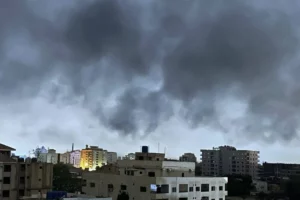


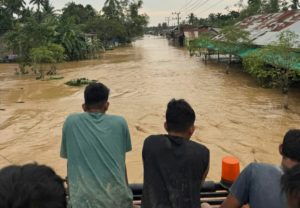

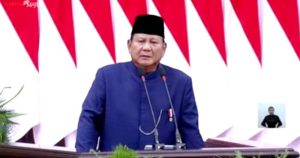
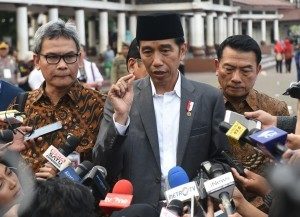
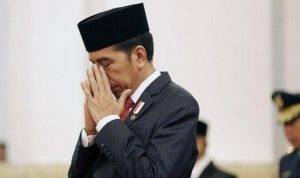
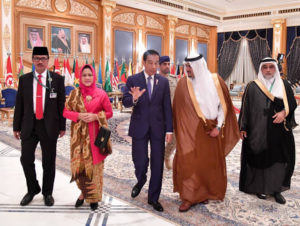
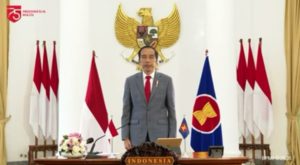
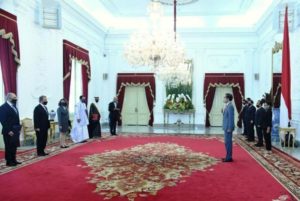











 Mina Indonesia
Mina Indonesia Mina Arabic
Mina Arabic